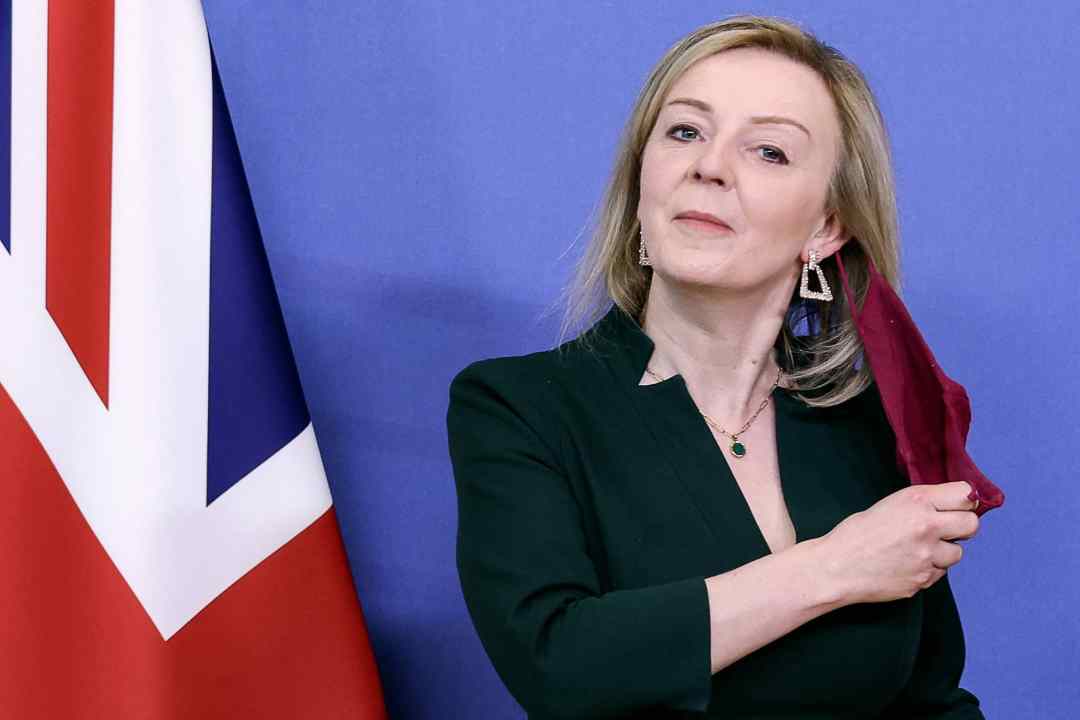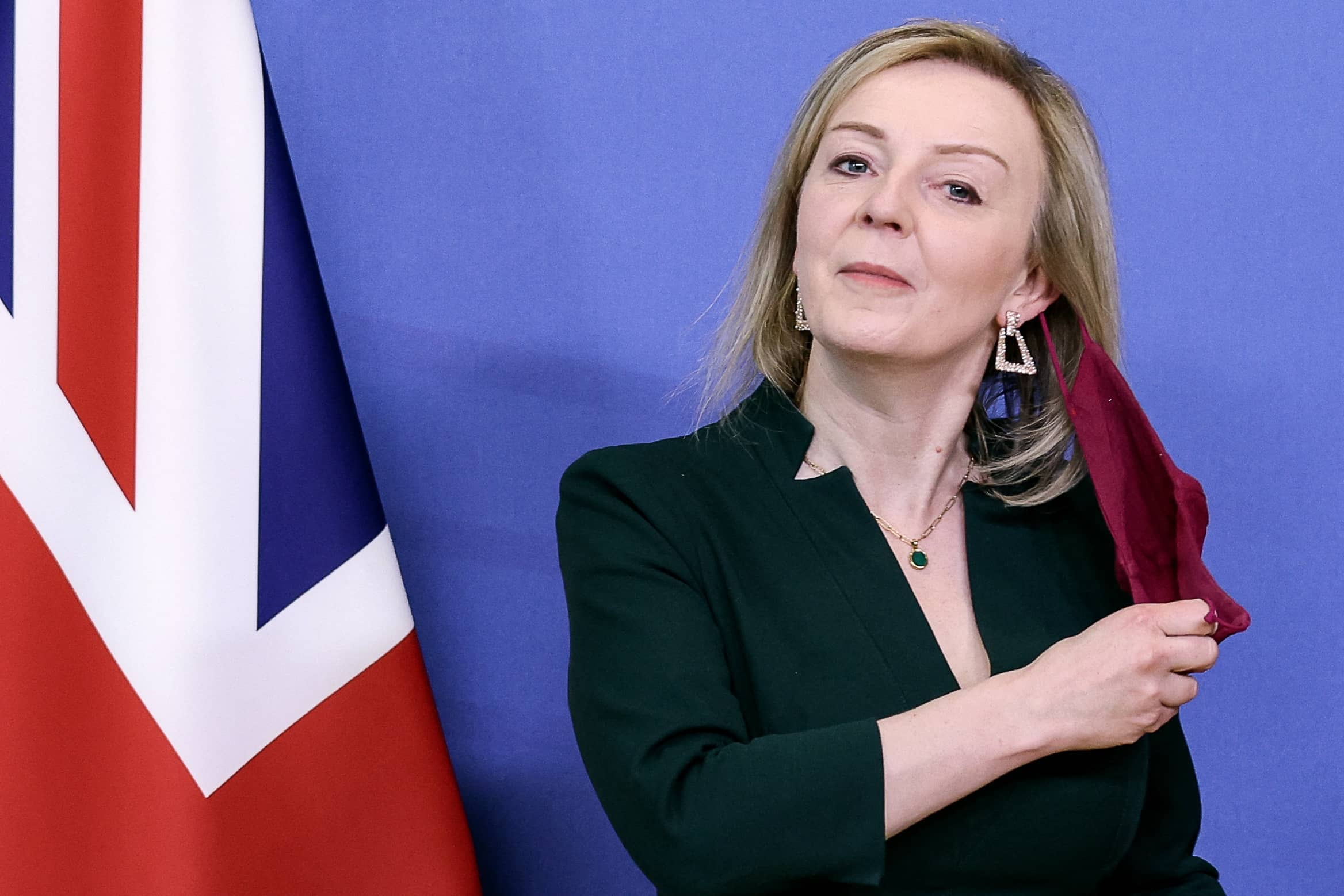Liz Truss gave a striking statement in the Commons this afternoon on the action the government was taking to respond to the Russian invasion of Ukraine. It contrasted to the approach taken by some of her colleagues, because it contained a number of admissions about the impact of this action.
For the first time, the Foreign Secretary stated that Britain would ‘have to undergo some economic hardship as a result of our sanctions’. This has been implicit over the past few days, but Truss was the first to say it clearly. She added that ‘our hardships are nothing compared to those endured by the people of Ukraine’, and also warned that the war could last months or years. But her statement was not a downbeat one: she underlined that Putin had made a miscalculation in assuming Ukraine would be easy to conquer. The bar was set high for western success, saying ‘Putin must lose’ because if he managed to invade a sovereign country without consequences, it could happen anywhere. ‘However long it takes, we will not rest until Ukraine’s sovereignty is restored,’ she said.
Many MPs seemed to think that Putin’s miscalculation was so serious that it could cost him power
The emphasis on unity meant that David Lammy’s response from the Labour benches wasn’t full of shouting, but support and questions about details and whether the government could go further. The shadow foreign secretary had a smart line that ‘Putin is not just facing a united West, he is facing a truly United Kingdom’. This was echoed by SNP spokesman Alyn Smith, who told Truss that ‘this is too serious’ for his party to do anything other than support the government and urge it to go further too.
Truss revealed new sanctions, including a full asset freeze on three more Russian banks — VEB, Sovcombank and Otkritie — within the next few days, and new powers to prevent Russian banks from clearing payments in sterling, which would ‘damage Russia’s ability to trade with the world’. She also said she had a growing ‘hit list’ of oligarchs who she was targeting, telling Labour’s Ben Bradshaw that threatening letters from the law firms representing them merely encouraged her to target such individuals. ‘They are on our list,’ she said firmly.
It was striking that many MPs seemed to think that Putin’s miscalculation was so serious that it could cost him power. Foreign Affairs Committee chair Tom Tugendhat suggested an international fund to hold the money seized from oligarchs that could one day be returned to the Russian public from whom it had been stolen in the first place. He suggested that the money held in this fund could then be returned ‘when this criminal conspiracy that laughably calls itself a government falls’. Truss said she would look into this idea, which was indeed interesting, but almost as important was the implicit assumption in Tugendhat’s line about ‘when’ the Russian government falls. A strong narrative is growing among western politicians that Putin won’t just lose this war but that he will also lose his job. That’s a lot to assume after just five days of fighting.
Truss replaced Dominic Raab as Foreign Secretary after he embarrassed himself and the government with his handling of the withdrawal from Afghanistan. Not only did she strike a contrast with the defensive way Raab dealt with the Afghan crisis, but she was also quite different in her approach to her current colleague Priti Patel, who was also on the back foot when she gave a mini-statement earlier in the Chamber about Ukrainian refugees.
Truss has carefully built a brand for herself involving slightly intense and bizarre Instagram posts and a number of staged (and expensive) photographs of her arriving in various foreign capitals. But this is her first real test as a politician. So far she is passing it.








Comments